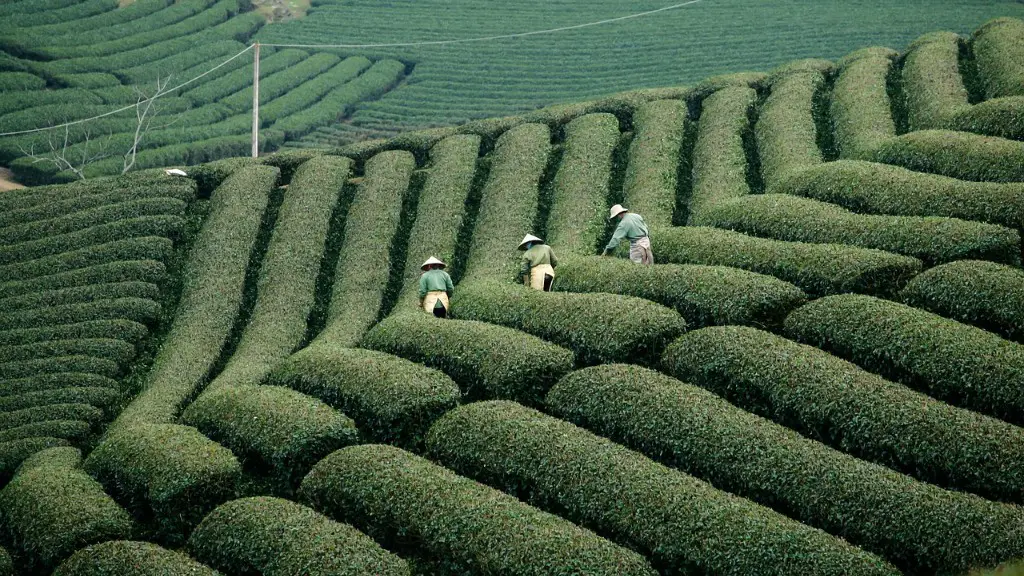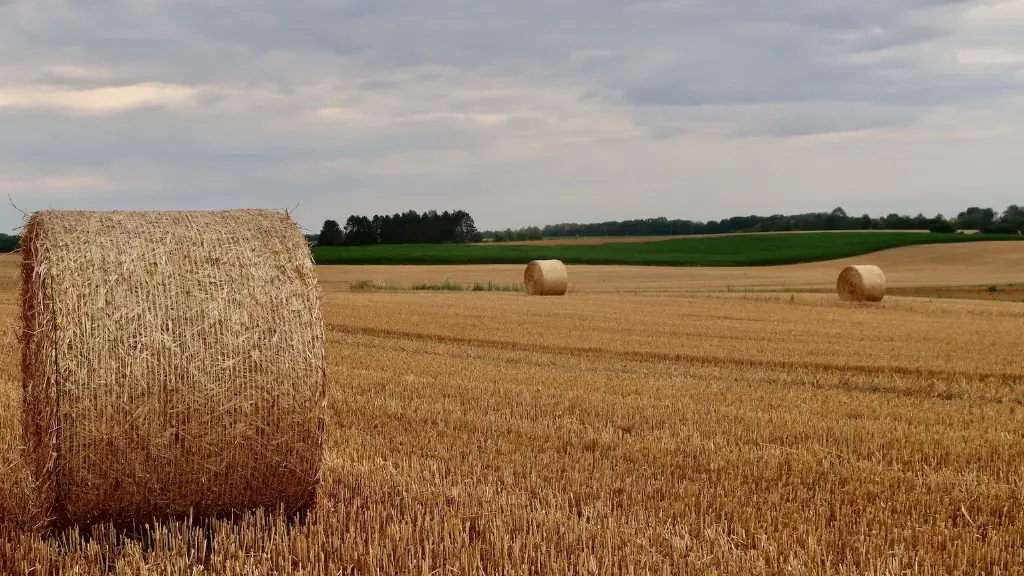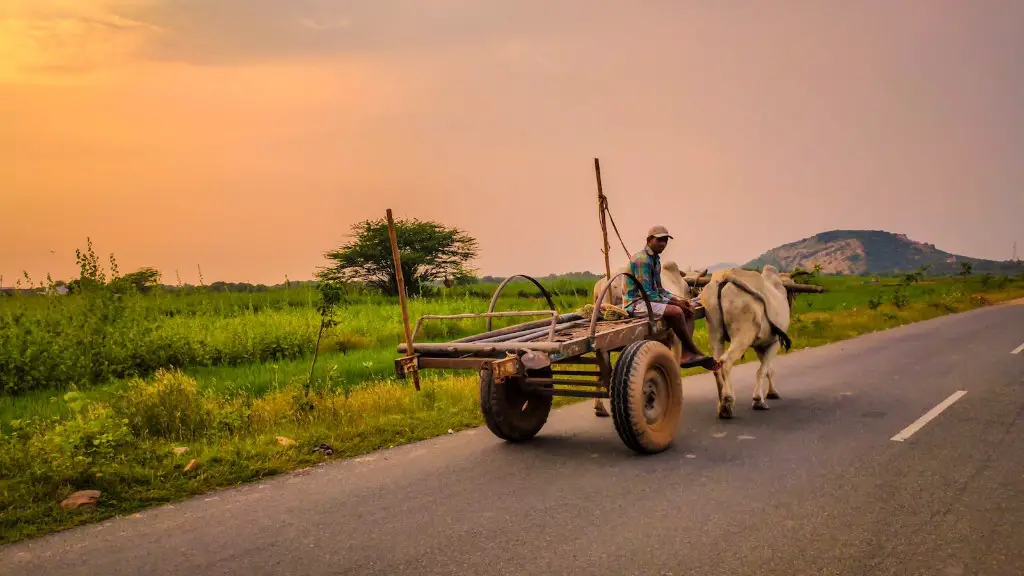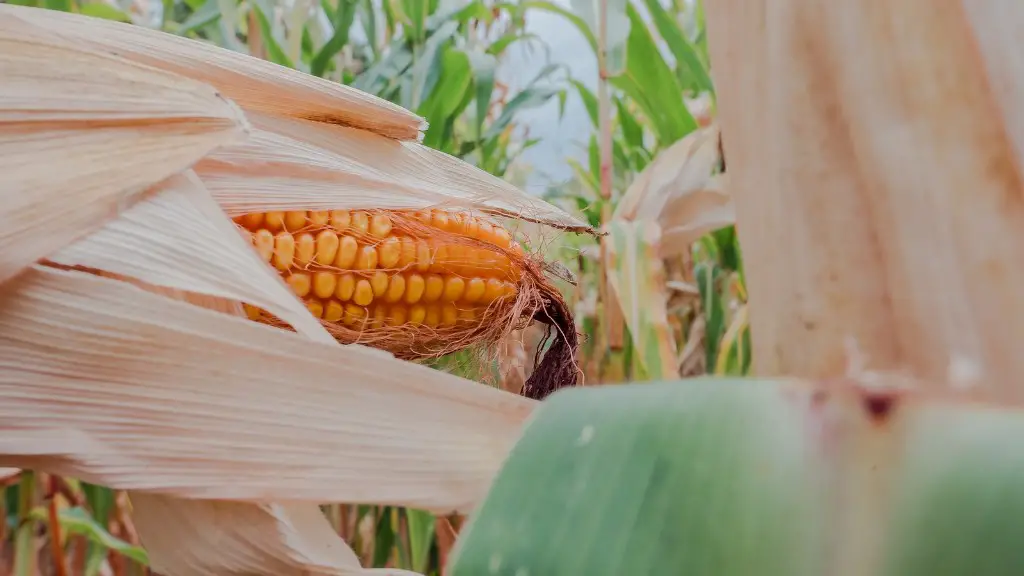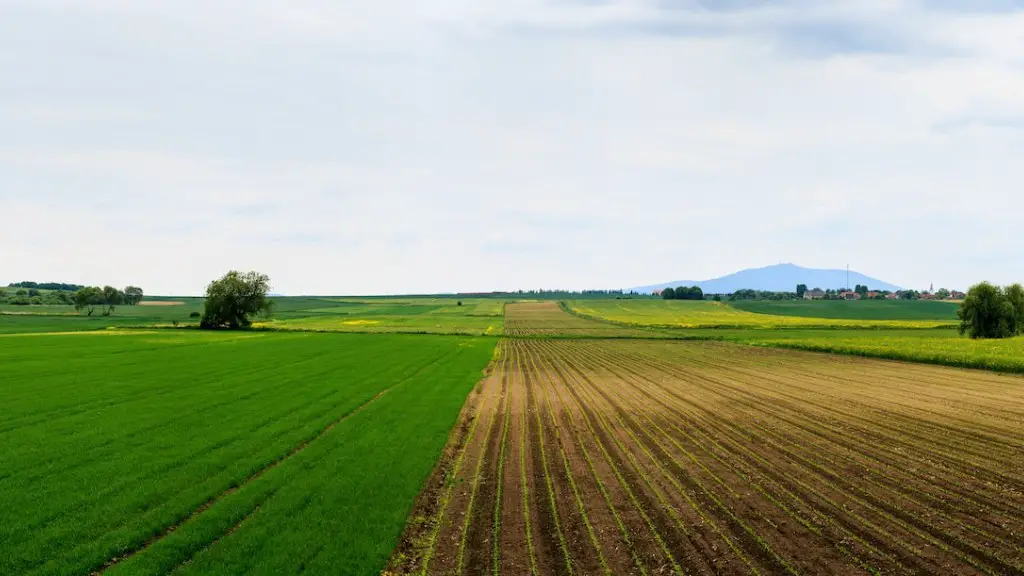Agriculture has a profound impact on our lives. It is the foundation of our food system, providing the majority of the food we eat. It also plays a vital role in our economy, with farmers and ranchers producing valuable goods and services. Agriculture also impacts our environment, with land, water, and other resources required to produce food and fiber.
The agricultural industry has a large impact on our daily lives, even though we may not always realize it. The food we eat, the clothes we wear, and even the fuel we use to power our cars and homes all come from agriculture. With such a broad range of products, it’s no wonder that agriculture is one of the largest industries in the world.
What impact does agriculture have on humans?
The health of farmers has come under increased scrutiny in recent years, as the prevalence of many acute and chronic health conditions has been found to be higher among this population than the general population. These conditions include cardiovascular and respiratory disease, arthritis, skin cancer, hearing loss, and amputations. Other health outcomes that have been little studied in the agricultural workplace include stress and adverse reproductive outcomes. Given the potential for exposure to a variety of health hazards in the agricultural workplace, it is important for farmers to be aware of the risks and take steps to protect their health.
When early humans began farming, they were able to produce enough food that they no longer had to migrate to their food source. This meant they could build permanent structures, and develop villages, towns, and eventually even cities. Closely connected to the rise of settled societies was an increase in population.
How did agriculture impact us
Agriculture plays a vital role in the US economy, contributing around $1264 trillion to the country’s gross domestic product (GDP) in 2021. This sector accounts for 54 percent of the nation’s GDP, with the output of America’s farms making up around 07 percent of this figure. The agriculture, food, and related industries are a significant part of the US economy and play a vital role in its continued success.
Agriculture plays a vital role in the global economy and employs a large number of people. It is responsible for producing a significant amount of food that is consumed annually. Agriculture also occupies a large amount of land, which provides habitat and food for many different species of animals and plants.
What are three impacts of agriculture?
Agriculture can have a significant impact on the environment, both positive and negative. On the positive side, agriculture can lead to soil erosion control, water conservation, and improved air quality. On the negative side, agriculture can contribute to climate change, water pollution, and deforestation.
Agriculture has always been the backbone of the Indian economy and it continues to be so even today. Over 60% of the Indian population is dependent on agriculture for their livelihood. Agriculture not only provides food and raw materials to industries, but is also a major source of employment in the country.
The leading industries in India that depend on agriculture for their raw materials are cotton and jute textiles, sugar, tobacco, edible and non-edible oils, etc. All of these industries contribute significantly to the Indian economy and provide employment to millions of people.
The government of India has been taking various steps to promote and develop the agricultural sector. These include providing subsidies and financial assistance to farmers, investing in infrastructure and research and development, and creating awareness about latest farming techniques and practices.
What are 3 benefits of agriculture?
The basic needs for human survival; food, shelter, and clothing, are all dependent on agriculture for their production. Raw materials such as crops for food, silk for cloth, and wood for shelter, all come from agriculture. Agriculture is therefore essential for human life and wellbeing.
The poorest people in society typically benefit the most from agricultural growth. This is because agricultural growth increases the demand for labor, which in turn increases the likelihood of getting employed and earning an income. The increased income level then allows them to better their standard of living and escape poverty.
Why is agriculture important to the economy
Agriculture plays a major role in economic growth and development for a variety of reasons. As the provider of food, it is a cornerstone of human existence. As a furnisher of industrial raw materials, it is an important contributor to economic activity in other sectors of the economy. In addition, agriculture provides employment for a large percentage of the population in many countries.
The contribution of agriculture to economic growth and development is widely recognized. In order to maximize the potential of this sector, countries need to invest in agricultural research and development, improve infrastructure, and provide other support services to farmers. With the right policies and investments in place, agriculture can continue to be a major driver of economic growth and development around the world.
Agriculture is the primary source of raw materials for key businesses including cotton and jute fabric, sugar, tobacco, and edible and non-edible oils. These crops are essential to the manufacture of many goods that we rely on in our daily lives. By supporting agriculture, we are ensuring that these businesses can continue to thrive and provide us with the products we need.
The social benefits for farm families are numerous and include achievement and fulfilment through: Seeing the effects on the people who spend time on the farm; Making a difference in the lives of individuals; and Helping typically excluded people to become more included. Farm families often report feeling a sense of purpose and connection to something larger than themselves when they are able to see the direct effects their work has on individuals and the community. They also take pride in knowing that they are playing a role in ensuring that everyone has access to fresh, healthy food. And finally, they feel good about helping to break down barriers and provide opportunities for people who may not have had them otherwise.
Community agriculture is a great way to foster environmental connectedness and political consciousness. Additionally, it can decrease stormwater runoff and air pollution, and increase biodiversity and species habitat.
What is the biggest problem facing agriculture today
The past decade has seen a number of catastrophic weather events that have disrupted the food supply chain. These disruptions have led to shortages of key inputs for farmers and ranchers, such as machinery parts and transport commodities. These shortages have led to far-reaching impacts on farmers and ranchers, such as making it difficult to find machinery parts and transport commodities. This has, in turn, led to inflation and spiking farm production costs.
The solution to this problem lies in increasing the resilience of the supply chain. This can be done by diversifying supply sources, using just-in-time inventory management, and investing in reliable transportation infrastructure. By doing so, we can minimize the impact of supply chain disruptions on the food supply chain and the farmers and ranchers who are its key stakeholders.
There are a number of environmental issues that can impact farmers in any given growing season. Soil quality, water quality, climate, and terrain can all play a role in how profitable and productive farmers are. By being aware of these issues, farmers can make adjustments to their operations in order to try and mitigate any negative impact on their business.
What are pros and cons of agriculture?
The pros and cons of agriculture are not black and white, but rather depend on the specific context in which it is practiced. On the whole, however, agriculture has brought both food security and complex social structures to human societies. It is worth noting that the first civilizations developed around agricultural societies, which is testimony to the importance of this economic activity.
The global water footprint of agriculture is constantly increasing due to the demands of a growing population. In addition, irrigation of agricultural crops comprises 70% of global water use, and agriculture directly contributes to around 11% of global greenhouse gas (GHG) emissions (mostly through cattle) Expanding agricultural land can also lead to deforestation, additional GHG emissions, and a loss of biodiversity.
Water scarcity is already an issue in many parts of the world, and as the population continues to grow, it will only become more severe. Therefore, it is important to find ways to reduce the water footprint of agriculture. One way to do this is to improve irrigation efficiency and water management. Another is to switch to crop varieties that are more drought-resistant.
Conclusion
Agriculture is the backbone of any economy and our lives depend on it in many ways. Here are a few ways in which agriculture impacts our lives:
1. Food security: Agriculture is responsible for producing the food we eat. If there is a decline in agricultural production, it will directly impact the availability of food, leading to a rise in food prices and even shortages.
2. Livelihoods: Millions of people around the world depend on agriculture for their livelihoods. A decline in agricultural productivity can lead to widespread unemployment and poverty.
3. Economic growth: Agriculture is a key sector of any economy and its performance affects the overall economic growth of a country. A decline in agricultural output can result in a slowdown of the economy.
4. Environmental stability: Agriculture is a major contributor to environmental stability. Deforestation, for example, is often carried out in order to create more land for agriculture. This can lead to soil erosion, loss of biodiversity, and climate change.
The way we farm and the crops we grow have a profound impact on every aspect of our lives. What we eat, our clothing, the fuel we use, the medicines we take – all of these things are affected by agriculture. As our population continues to grow, so does the demand for food, fuel, and other products that come from farms. This means that agriculture will continue to play a vital role in our lives for years to come.
